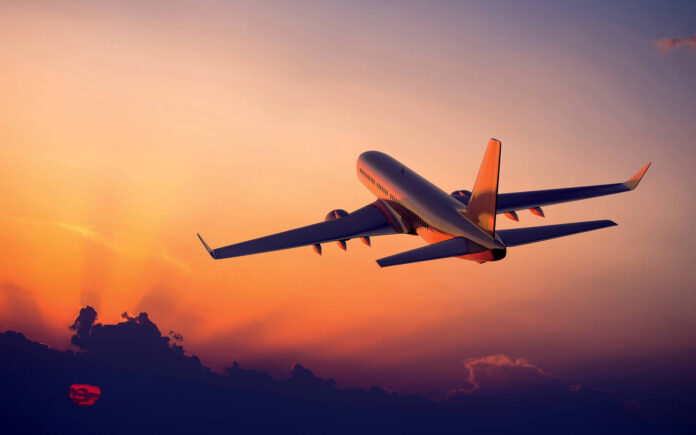The Trump administration faces growing pressure from global airlines, aerospace companies, and several governments to avoid new national security tariffs on imported commercial aircraft and parts.
Documents released Tuesday by the U.S. Commerce Department show concerns from Canada, China, Japan, Mexico, Switzerland, and the European Union, as well as multiple industry players.
The push comes as the Commerce Department continues its “Section 232” investigation launched in May, which could lead to new tariffs on aircraft, jet engines, and components.
Trump has already applied a 10% tariff on most aircraft and parts. Some groups argue that new tariffs could harm the U.S. aviation sector and trade relationships.
The European Union wrote that both sides should “strengthen their trade regarding aircraft and aircraft parts, rather than hinder it.”
Boeing pointed to a May trade deal with the United Kingdom that maintained tariff-free aircraft trade and called for similar agreements with other countries.
China warned that countries should not block foreign competitors to boost domestic aerospace industries.
Mexico said it exported $1.45 billion in aircraft parts to the U.S. in 2024. The EU said it exported $8 billion in aircraft to the U.S. and imported $12 billion.
Delta Air Lines and other industry groups last week warned that tariffs could affect ticket prices, aviation safety, and supply chains.
Airbus Americas said current tariffs threaten U.S. aircraft production, noting that a fully domestic supply chain is not realistic.
The United Auto Workers union supports tariffs and production quotas, citing a drop in U.S. aerospace jobs from 850,000 in 1990 to 510,000 in 2024.




